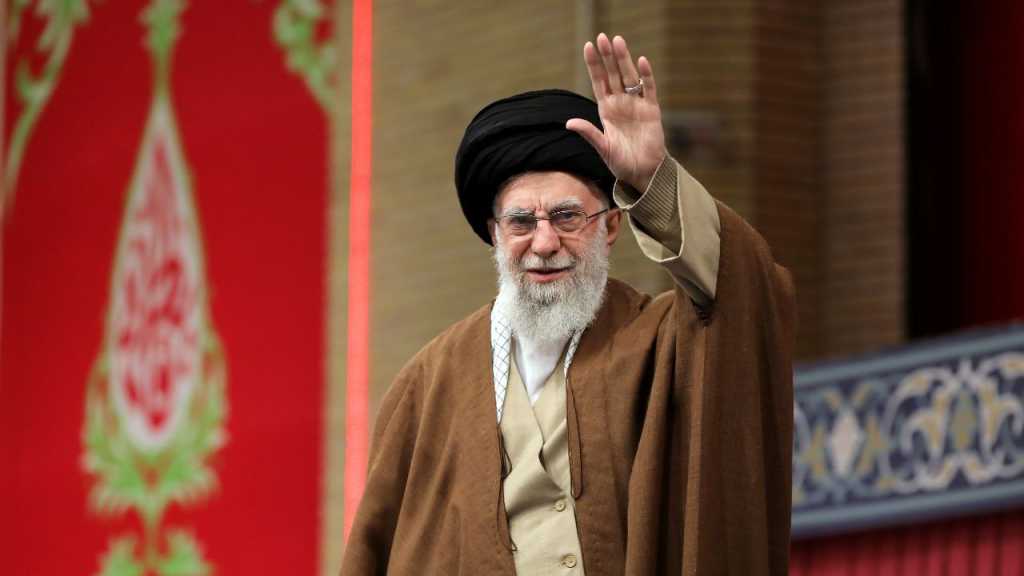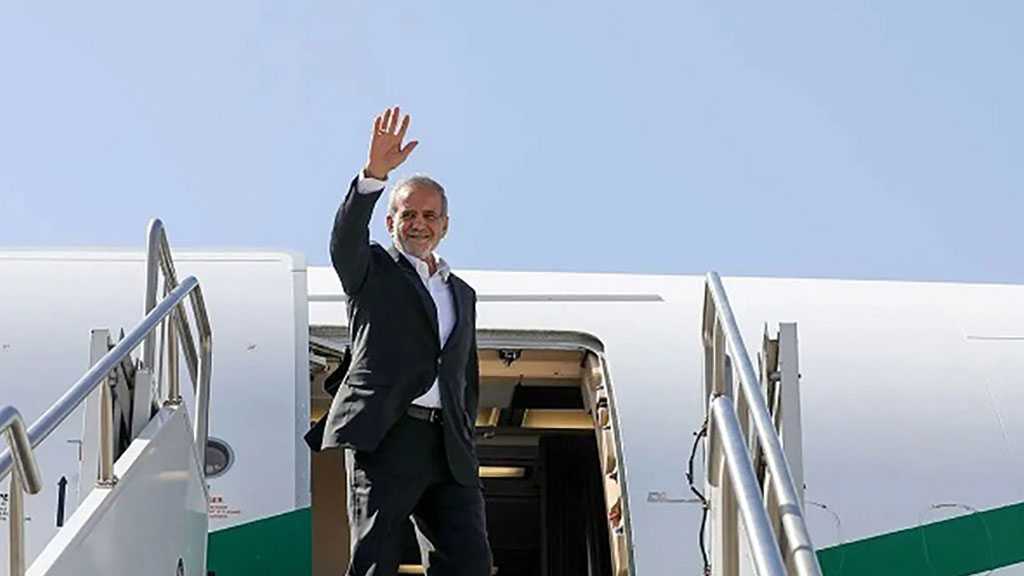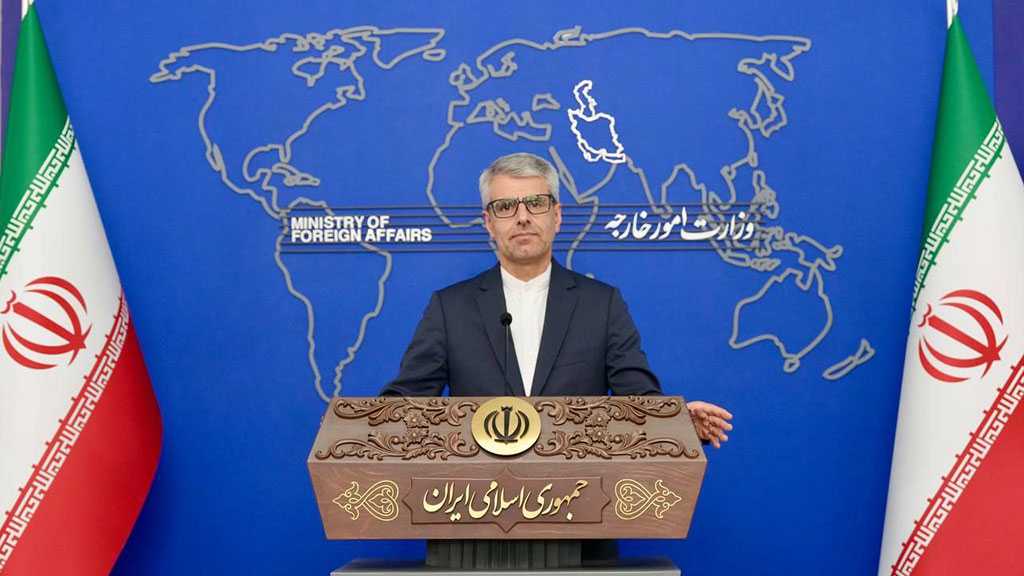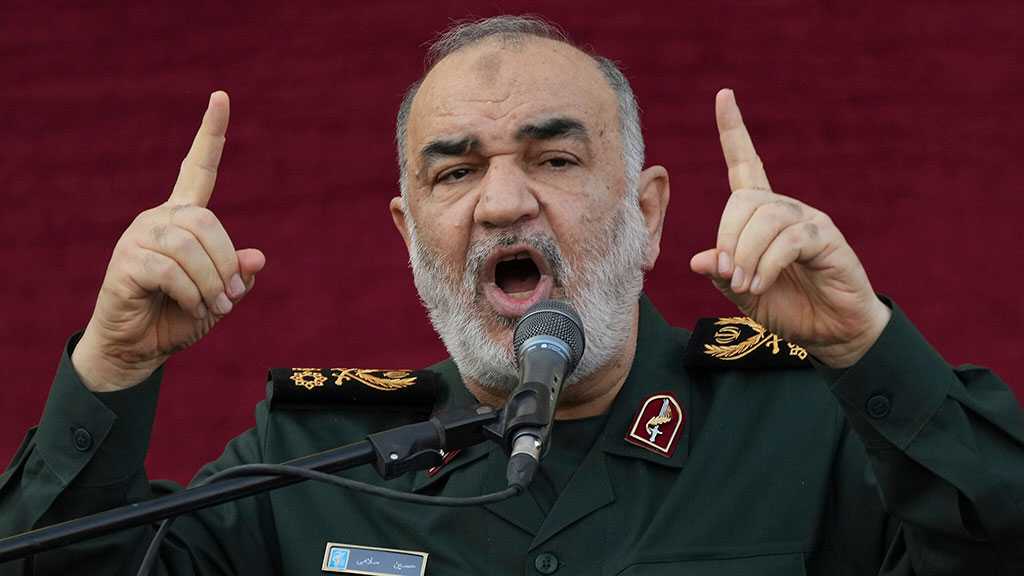Imam Khamenei: Sacred Defense Established Security in Iran, Enemies Will Pay Dearly If They Invade Country
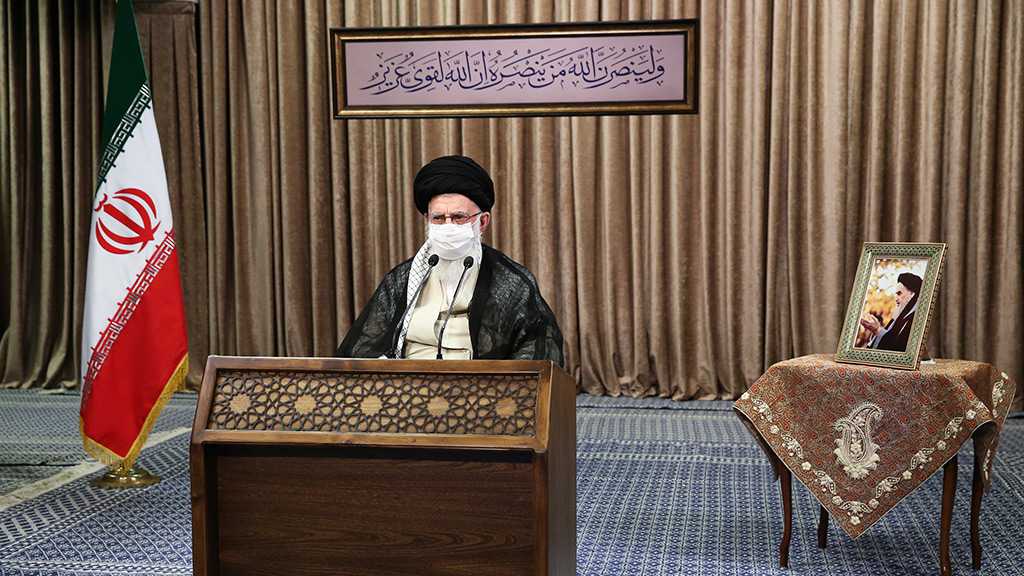
By Staff, Agencies
Leader of the Islamic Revolution His Eminence Imam Sayyed Ali Khamenei says Iran's decisively victorious defense against foreign-backed forces of Iraq’s former dictator Saddam Hussein proved that invading the country is a “very costly” undertaking.
“When a nation shows that it has the diligence and power to defend itself and delivers a crushing response to invaders, invaders would then think twice before perpetrating any incursion against this country and its people, and realize that such an act of aggression would be very costly for them,” the Leader said on Monday.
Imam Khamenei made the remarks via video-link during an even held in the capital Tehran to honor one million veterans of the country’s 1980-88 war against Saddam's invading forces.
Successful engagement in the war, therefore, awarded the country its current level of security, the Leader noted, enumerating the rewards of the Sacred Defense.
The name signifies Iran’s eight-year-long struggle under the leadership of the late founder of the country’s Islamic Republic, Imam Khomeini against the Iraqi aggressor.
The Leader said the defensive struggle also equipped the Iranian people with a sense of self-belief in its ability to fend for itself and put it on a course of technological and scientific development because it had to wade into many new areas to be able to buttress its defensive activities.
The war taught us that “some things that appear to be impossible, are actually possible,” Imam Khamenei stated.
While specifying the actual goal of the warmongers as being destruction of the country’s Islamic Revolution and its Islamic establishment, the Leader noted that Saddam and his Ba'ath party were just being used as “tools by powers, such as the United States, that had suffered serious blows from Iran’s Revolution.”
Others, like the Soviet Union, the Western military alliance of NATO, as well as some other Western and even European countries also contributed to the war because they were “concerned” about the emergence of a new phenomenon in the region that had been founded upon religion, Imam Khamenei said.
Documents that surfaced afterwards showed the US had entered some agreements with Saddam before the war, the Leader remarked, adding that during the war too, Washington would generously provide the former Iraqi dictator with intelligence and arms support.
Imam Khamenei reminded how weapon-laden vessels would dock at regional ports to shore up the invading forces against Iran on a daily basis during the wartime.
Imam Khomeini, however, identified the main forces lying behind the war well, and aptly advised that the Iranian nation to join the Armed Forces in fighting the invaders, the Leader said.
Imam Khomeini’s addresses at the time were marked by “truthfulness, innocence, acuity, and decisiveness,” while his leadership style featured appropriate discernment of the requirements of the battle’s different stages as well as proper moralizing of the Iranian servicemen, Imam Khamenei recalled.
His leadership of the country during the war was also “very prudent,” Imam Khamenei said, noting how his innovative wartime strategies would help the Armed Forces outflank the enemy at various stages.
In the meantime, Imam Khomeini brought about a “massive popular mobilization” during the war, helping recruit all the potentials that were being offered by the full spectrum of the country’s population into the battle, the Leader remembered.
This helped many potentials that lay latent in many people at the time to come to the fore, leading to emergence of many exceptional military, intelligence, and other leaders among the people, Imam Khamenei said, citing the example of Lieutenant General Qassem Soleimani, former commander of the Quds Force of Iran’s Islamic Revolution Guards Corps [IRGC], and many others.
The Leader said despite some attempts at casting doubt over Iran’s victory in the war, it should be known that the country’s triumph is “as bright as the sun” as neither did it lose a handspan of its soil, nor did its leadership take a single step back.
This is while the former monarchical regime’s reign was marked by regular unauthorized intervention of foreigners, including during the World Wars, Imam Khamenei noted.
The Leader said Sacred Defense constitutes part of the country’s national identity because it amounted to supreme manifestation of popular involvement.
The warfare, on the other hand, also betrayed the true and made-up face of the Western world to the Iranian people because it saw the entire Western front pool their forces to deny Iran everything and fortify its enemies to the limit, Imam Khamenei said.
The Leader recalled how the Western countries would outfit the aggressors with chemical weapons, thus going back on all of their pro-human rights claims
Imam Khamenei finally called for the promotion and preservation of the memory of the heroic struggle, especially through creation of rich textual materials that could yield many other instances of content, such as plays and motion pictures.
Prior to the Leader’s remarks, Armed Forces Major General Mohammad Baqeri briefed the participants on the country’s ongoing and pending plans to honor the memory of the war.
He unveiled a stamp printed out to honor the war’s 40th anniversary, and announced that the country would be inaugurating as many as eight Sacred Defense museums over the upcoming days.
“We are determined not to allow the distortion of the history of the Sacred Defense that is an invaluable resource for the next generation of the country’s independence, esteem, and pride,” the military chief said.
Comments
